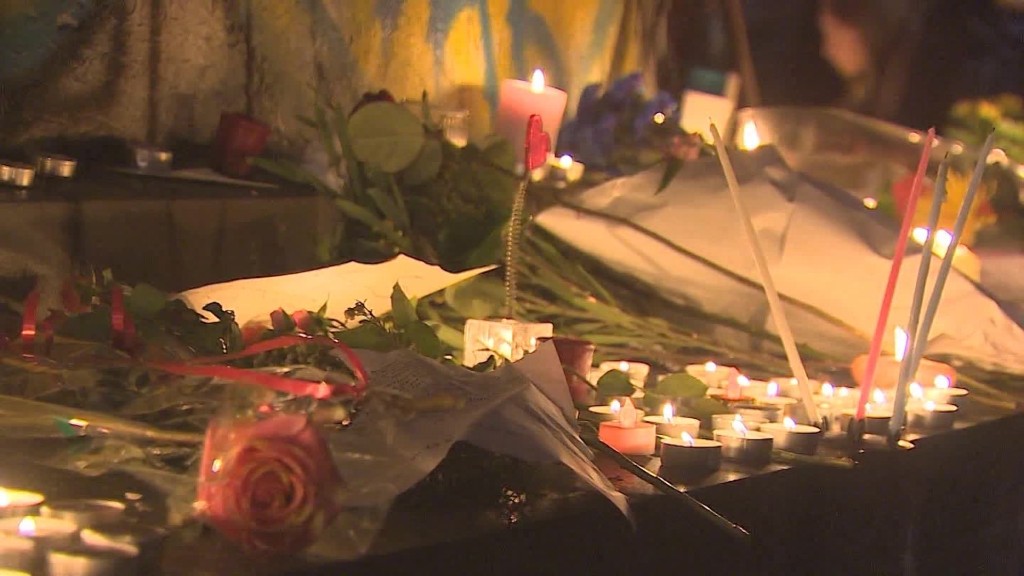
Defending a country against terrorism -- especially the apocalyptic variety practiced by ISIS -- is expensive.
How expensive?
"The answer is a lot and very hard to break out," said Gordon Adams, a national security budget expert.
Adams estimates that the U.S. spends at least $100 billion a year on counter-terrorism efforts.
But he and other defense experts caution that pinpointing a precise cost is impossible.
Counter-terrorism activities go far beyond military activities and some costs are classified.
Related: Who is Abdelhamid Abaaoud, suspected ringleader of the Paris terror attack?
Today, the United States spends far more on defense and counter-terrorism than any other country in the world. Its military expenditures alone top that of the next seven countries combined, which are China, Russia, Saudi Arabia, France, the United Kingdom, India and Germany, according to the Stockholm International Peace Research Institute.
U.S. efforts to combat terrorism specifically "spread across nearly every agency in the government," said Scott Stewart, a former counter-terrorism agent for the U.S. State Department who is now vice president at Stratfor, a geopolitical intelligence firm.
The to-do list is long: destroy terrorist havens, thwart attacks, block terrorist funding sources, protect physical assets such as federal buildings and public places, prosecute terrorist acts, and change hearts and minds through diplomacy.
That involves everything from boots on the ground to domestic and foreign surveillance, from training police to beefing up airport security, to protecting livestock and other food sources from disease and contamination.
Related: U.K. hires more spies to fight ISIS in the wake of Paris attacks
Nailing down the total cost is made harder still because funding for some activities -- especially intelligence-related -- is classified, such as those conducted by the National Security Agency.
There's also a lot of cross-pollination between budgets for the same activity.
For instance, the U.S. Special Operations Forces, which is dedicated to the war on terrorism, has its own budget of about $10 billion, Adams said. But it also gets money from the base budget of the Defense Department as well as money from a fund for overseas contingency operations.
Or take the Department of Homeland Security. It was created by laws written after 9/11, yet its functions go beyond counter-terrorism to include things like disaster relief and general customs duties.
In the wake of the Paris attacks, there will likely be pressure to spend even more on anti-terrorism activities.
But, said Stratfor's Stewart, "you can't spend your way out of this problem. There's not enough in anyone's budget to protect everything and monitor every threat."
Related: Why preventing terrorist plots is harder than ever
--CNNMoney's Sophia Yan contributed to this report.


